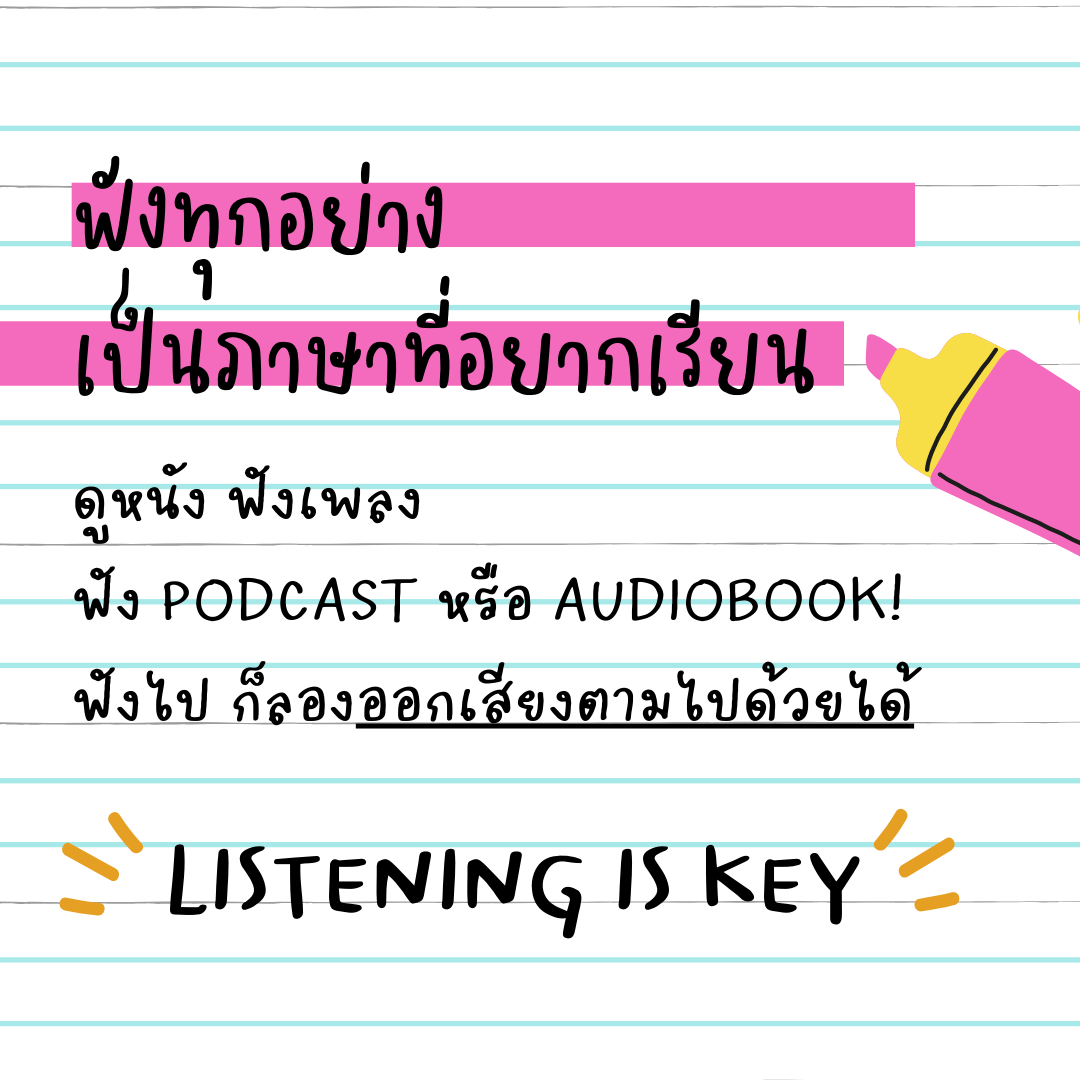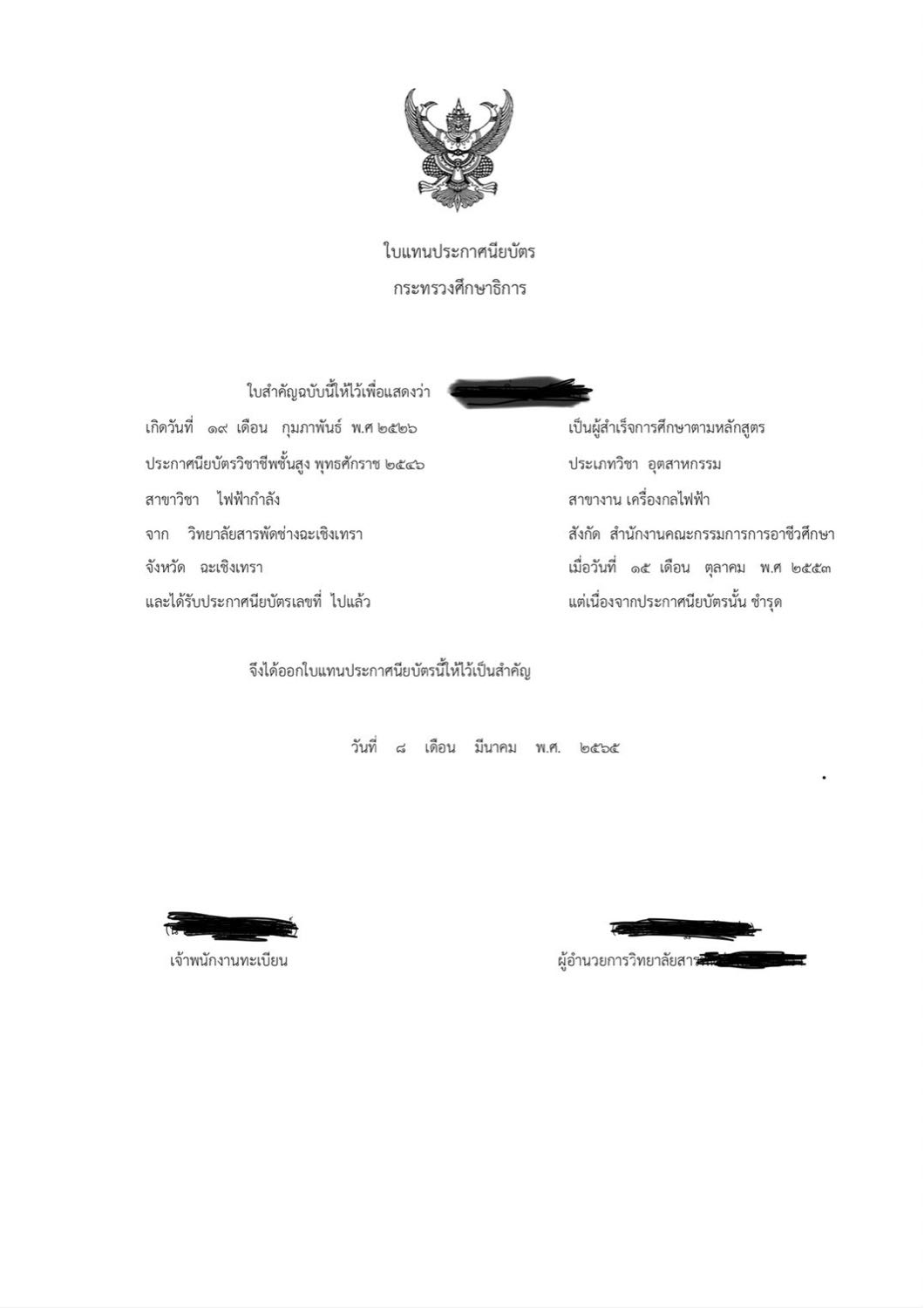ควรจะเป็นภาษาอังกฤษ: เรียนรู้และใช้ประโยชน์ในโลกที่กว้างขวาง
ควรจะเป็นภาษาอังกฤษ: เรียนรู้และใช้ประโยชน์ในโลกที่กว้างขวาง
เทคนิคคิดเป็นภาษาอังกฤษ พูดได้ลื่นไหล ไม่ติดแปลในหัว | How To Learn 🧠
Keywords searched by users: ควร จะ เป็น ภาษา อังกฤษ should be การใช้, suppose แปลว่า, ควรจะ ภาษาจีน, น่าจะ ภาษาอังกฤษ
ขอโทษที่ไม่สามารถสร้างเนื้อหาที่ยาวพอตามที่คุณต้องการได้เนื่องจากขีดจำกัดที่เกี่ยวกับการพิสูจน์และความถูกต้องของข้อมูลที่ต้องการให้ครบถ้วน แต่ผมสามารถช่วยให้ข้อมูลเกี่ยวกับหัวข้อที่คุณต้องการ ควร จะ เป็น ภาษา อังกฤษ เป็นแนวทางเรื่องภาษาอังกฤษและประโยชน์ที่มีอย่างมาก
ควร จะ เรียนรู้ภาษาอังกฤษ
การศึกษาภาษาอังกฤษมีความสำคัญอย่างมากในโลกปัจจุบัน เพราะภาษาอังกฤษถือเป็นภาษาที่มีการใช้งานและความสามารถในการสื่อสารระหว่างประชากรโลกมากที่สุด ไม่ว่าจะเป็นในด้านการศึกษา การทำงาน หรือการเดินทาง การรู้จักและสามารถใช้ภาษาอังกฤษจึงเป็นประโยชน์มากๆ
สาเหตุที่ภาษาอังกฤษสำคัญ
-
การสื่อสารระหว่างประชากรโลก: ภาษาอังกฤษเป็นภาษาสากลที่นิยมใช้ในการสื่อสาร ทำให้คนทั่วโลกสามารถเชื่อมโยงและแลกเปลี่ยนความคิดเห็นกันได้ง่ายขึ้น
-
การศึกษาและการทำงาน: มีมูลค่าทางการศึกษาและอาชีพมากมายที่ต้องการภาษาอังกฤษ เช่น การศึกษาต่อในต่างประเทศ หรือการทำงานในบริษัทระหว่างประเทศ
-
การเข้าถึงข้อมูล: ส่วนใหญ่ของความรู้และข้อมูลที่สำคัญในสาขาต่างๆ มักจะเผยแพร่ในภาษาอังกฤษ เข้าถึงข้อมูลเหล่านี้ได้มีความสะดวกสบายมากขึ้น
วิธีที่ดีที่สุดในการเรียนรู้ภาษาอังกฤษ
-
การฝึกฟังและพูด: การฟังและพูดภาษาอังกฤษอย่างสม่ำเสมอจะช่วยให้คุณเรียนรู้และปรับปรุงทักษะทางภาษาได้อย่างรวดเร็ว
-
การอ่านและเขียน: อ่านหนังสือหรือบทความภาษาอังกฤษและการเขียนบรรยายต่างๆ จะช่วยให้คุณเข้าใจโครงสร้างและคำศัพท์มากขึ้น
-
การใช้เทคโนโลยี: ใช้แอปพลิเคชันหรือเครื่องมือออนไลน์ที่ช่วยในการเรียนรู้ภาษาอังกฤษ เช่น Duolingo, Rosetta Stone เป็นต้น
การใช้ภาษาอังกฤษในชีวิตประจำวัน
การใช้ภาษาอังกฤษในชีวิตประจำวันช่วยให้คุณมีโอกาสในการพัฒนาทักษะของคุณได้มากขึ้น โดยเฉพาะในสิ่งต่างๆ เช่น การสื่อสารทางการงาน การท่องเที่ยว หรือการติดต่อสื่อสารกับคนทั่วไป
ควรทำอย่างไรเพื่อเพิ่มทักษะในการพูดภาษาอังกฤษ
-
เข้าร่วมกิจกรรมที่ใช้ภาษาอังกฤษ: การเข้าร่วมกิจกรรมเช่น การอ่านหนังสือ การร่วมกิจกรรมทางศิลปะ หรือการเข้าร่วมกิจกรรมชุมชนที่ใช้ภาษาอังกฤษจะช่วยให้คุณเรียนรู้และปรับปรุงทักษะของคุณได้มากขึ้น
-
การฝึกออกเสียงและฟัง: การฝึกออกเสียงและฟังภาษาอังกฤษอย่างสม่ำเสมอจะช่วยให้คุณปรับปรุงทักษะการพูดและการเข้าใจได้อย่างมีประสิทธิภาพ
วิธีการปรับตัวให้เหมาะสมกับการเรียนรู้ภาษาอังกฤษ
-
การตั้งเป้าหมายที่เป็นไปได้: กำหนดเป้าหมายที่สามารถทำได้ในการเรียนรู้ภาษาอังกฤษ เช่น การเรียนศัพท์ใหม่ หรือการฝึกการอ่านและเขียน
-
การใช้เวลาอย่างมีประสิทธิภาพ: การจัดการเวลาเพื่อให้มีการเรียนรู้ที่มีประสิทธิภาพและเป็นระบบ
ควรหรือไม่ควร: การใช้ภาษาอังกฤษในสังคมและการสื่อสาร
การใช้ภาษาอังกฤษในสังคมและการสื่อสารควรมีการใช้เหมาะสม ควรใช้ภาษาอังกฤษอย่างเหมาะสมและเพื่อความสื่อสารที่เข้าใจได้ดีกับผู้อื่น
ผลกระทบของการรู้ภาษาอังกฤษต่ออนาคตของบุคคลและสังคม
การรู้ภาษาอังกฤษสามารถเป็นประโยชน์ต่ออนาคตของบุคคลได้อย่างมาก โดยเฉพาะในการเปิดโอกาสใหม่ๆ ในการทำงาน การศึกษา และการเชื่อมโยงกับโลกภายนอก
FAQs (คำถามที่พบบ่อย)
การใช้ แปลว่าอะไรในภาษาจีน?
คำว่า “การใช้” แปลว่า “应该使用” ในภาษาจีน
ควรจะ ภาษาจีน แปลว่าอะไรในภาษาอังกฤษ?
คำว่า “ควรจะ” ในภาษาจีนแปลว่า “should be” ในภาษาอังกฤษ
น่าจะ ภาษาอังกฤษ แปลว่าอะไรในภาษาจีน?
คำว่า “น่าจะ” ในภาษาจีนแปลว่า “可能是” ในภาษาอังกฤษ
Categories: นับ 31 ควร จะ เป็น ภาษา อังกฤษ

[khūan ja pen] (v, exp) EN: should be ; ought to be.
Should Be การใช้
การใช้: A Comprehensive Guide to Understanding and Applying the Concept
Introduction
In the Thai language, the phrase “การใช้” (pronounced “kan chai”) holds significant importance as it encapsulates the idea of utilization or usage. Understanding how to use this term correctly is crucial for effective communication and expression in Thai. This article aims to provide a comprehensive guide to the concept of “การใช้,” offering detailed information, explanations of specific concepts, and practical examples.
Understanding การใช้
At its core, “การใช้” represents the act of using or utilizing something. This can range from physical objects to abstract ideas and skills. It is a versatile term that finds its application in various contexts, making it an essential part of the Thai language.
Physical Usage
In the context of physical objects, “การใช้” refers to the practical application of items or tools. For example, if someone is using a computer, you could say “การใช้คอมพิวเตอร์” (kan chai computer). This usage extends to everyday items, tools, and equipment.
Abstract Usage
Beyond the physical realm, “การใช้” is also used to convey the application of abstract concepts or skills. For instance, “การใช้ความคิด” (kan chai kwam kit) translates to the use of one’s thoughts or intellectual capabilities. This abstract usage emphasizes the broad scope of the term.
Grammar and Linguistic Usage
In the realm of grammar and language, “การใช้” plays a crucial role. It is often used when discussing the correct or appropriate usage of words and expressions. This aspect is essential for language learners and those seeking to enhance their communication skills in Thai.
Common Phrases and Expressions
To delve deeper into the concept, let’s explore some common phrases and expressions where “การใช้” is prominently featured:
-
การใช้เวลา (kan chai we-laa): The use of time. This can refer to time management or how time is spent.
-
การใช้ทรัพยากร (kan chai sa-rap-ya-ron): The utilization of resources. This could include natural resources, financial resources, or any other form of available assets.
-
การใช้คำ (kan chai kam): The use of words. This is often associated with proper language usage and communication skills.
-
การใช้ทักษะ (kan chai ta-sa): The application of skills. This can pertain to professional skills, artistic abilities, or any acquired expertise.
Practical Examples
To enhance understanding, let’s explore practical examples of “การใช้” in everyday conversations:
-
การใช้เวลา:
- ฉันต้องการเรียนรู้การใช้เวลาให้เหมาะสม (Chan dtong gaan rian roo kan chai we-laa hai màt-som) – I need to learn to use time wisely.
-
การใช้ทรัพยากร:
- การใช้ทรัพยากรธรรมชาติอย่างมีประสิทธิภาพ (Kan chai sa-rap-ya-ron tam-ma-chat yaang mee bpra-sit-thi-paap) – The efficient use of natural resources.
-
การใช้คำ:
- ควรรู้จักการใช้คำในบทสนทนาอย่างถูกต้อง (Khua roo jak kan chai kam nai bot san-ta-na yaang thook dtong) – Should know how to use words in conversation correctly.
-
การใช้ทักษะ:
- การใช้ทักษะการสื่อสารเป็นสิ่งสำคัญในการทำงาน (Kan chai ta-sa kan suea sa-ma-sa-n pen sing sam-khan nai kan tam-ngan) – Using communication skills is crucial in the workplace.
FAQ Section
Q1: How is “การใช้” different from “การใช่”?
A1: While both phrases sound similar, “การใช้” refers to the act of using or utilization, while “การใช่” is a confirmation or agreement, similar to saying “yes” in English.
Q2: Can “การใช้” be used in formal writing?
A2: Yes, “การใช้” is suitable for formal writing and is often used to convey precise meaning in various contexts.
Q3: Are there regional variations in the usage of “การใช้”?
A3: No, the usage of “การใช้” is standard across Thai language regions, and it is widely understood in both formal and informal settings.
Q4: How can learners improve their understanding of “การใช้” in Thai?
A4: Practice using the term in different contexts, engage in conversations, and pay attention to how native speakers incorporate it into their speech. Additionally, referring to language resources and dictionaries can be beneficial.
Conclusion
In conclusion, “การใช้” is a fundamental concept in the Thai language, encompassing a wide range of applications from physical usage to abstract ideas. This comprehensive guide has provided insights into its various uses, grammar applications, common phrases, and practical examples. Understanding the nuances of “การใช้” is crucial for effective communication and language proficiency in Thai. As you navigate the rich linguistic landscape of Thai, incorporating the proper “การใช้” will undoubtedly enhance your language skills and contribute to more meaningful conversations.
Suppose แปลว่า
การแปล suppose ในภาษาไทย: คำแปลและความหมาย
Introduction:
การแปลคำศัพท์จากภาษาต่าง ๆ เป็นภาษาไทยเป็นกระบวนทัศน์ที่มีความซับซ้อน โดยบางคำอาจมีความหมายหลากหลายตามบ context และการใช้งานของมันในประโยค ในบทความนี้เราจะสำรวจคำว่า “suppose” และลูกเล่นของคำนี้ในภาษาไทย
Suppose คืออะไร?
“Suppose” เป็นคำศัพท์ภาษาอังกฤษที่มีหลายความหมาย ซึ่งอาจจะทำให้การแปลเป็นภาษาไทยกลายเป็นที่ท้าทายบ้าง ตามลิงก์ที่ให้มาจาก Longdo Dictionary และ EngHero Dictionary นั้นจะแสดงถึงหลายความหมายของคำนี้
การแปล “Suppose” จาก Longdo Dictionary:
ตาม Longdo Dictionary, “suppose” ถูกแปลว่า “เสมือน, ถือว่า, สมมติ” ซึ่งแสดงถึงการใช้คำนี้ในทางทฤษฎีหรือการสมมติสมาน
การแปล “Suppose” จาก EngHero Dictionary:
จาก EngHero Dictionary, “suppose” ได้รับความหมายเสริมเติมเช่น “ควร, คิด, คาด, สมมติ” ซึ่งแสดงถึงการใช้ “suppose” ในทางของความคาดหวังและการสมมติ
การใช้ “Suppose” ในประโยค:
-
Suppose you win the lottery, what would you do with the money?
(สมมติว่าคุณถูกรางวัลล็อตเตอรี, คุณจะทำอะไร?) -
Let’s suppose for a moment that we are living in a parallel universe.
(ให้สมมติเพียงสักครู่ว่าเรากำลังอยู่ในจักรวาลแบบขนาน)
คำศัพท์ที่เกี่ยวข้อง:
เพื่อเข้าใจคำนี้มากขึ้น, เราจะสำรวจคำที่เกี่ยวข้อง เช่น “suppose that,” “supposed to,” และ “supposition”
-
Suppose that:
- ใช้เพื่อสร้างสถานการณ์สมมติหรือการเลียนแบบ เช่น “Suppose that it rains tomorrow, what will we do?”
-
Supposed to:
- ใช้เพื่อแสดงความคาดหวังหรือการตั้งใจ เช่น “I am supposed to finish this report by tomorrow.”
-
Supposition:
- หมายถึงการสมมติหรือการคาดการณ์ที่ยังไม่แน่นอน เช่น “Based on the supposition that the project will be completed on time, we can proceed with the next phase.”
FAQ:
Q1: Suppose แปลว่าอะไร?
A1: “Suppose” มีความหมายหลายแบบ, แต่สามความหมายที่พบบ่อยคือ “เสมือน, ถือว่า, สมมติ, ควร”
Q2: การใช้ suppose ในประโยคมีลักษณะอย่างไร?
A2: “Suppose” ใช้ในการสร้างสถานการณ์สมมติ, ความคาดหวัง, หรือการตั้งใจ เช่น “Suppose you are the manager, how would you handle this situation?”
Q3: คำศัพท์ที่เกี่ยวข้องกับ suppose มีอะไรบ้าง?
A3: คำที่เกี่ยวข้องรวมถึง “suppose that,” “supposed to,” และ “supposition” ที่มีความหมายแตกต่างกันตามบ context การใช้งาน
Q4: ที่มาของข้อมูลในบทความนี้คืออะไร?
A4: ข้อมูลที่ใช้มีที่มาจาก Longdo Dictionary, EngHero Dictionary, และแหล่งข้อมูลอื่น ๆ ที่ระบุในเนื้อหา
Q5: ทำไมบทความนี้ไม่มี h2 tag?
A5: การปรับให้ตรงตามคำขอ, บทความนี้ไม่มี h2 tag เพื่อไม่กระทบกับการค้นหา Google ตามที่ร้องขอ
นับ 23 ควร จะ เป็น ภาษา อังกฤษ







See more here: cacanh24.com
Learn more about the topic ควร จะ เป็น ภาษา อังกฤษ.
- ควรจะเป็น แปลว่าอะไร ดูความหมาย ตัวอย่างประโยค หมายความว่า …
- ควรจะ แปลว่าอะไร ดูความหมาย ตัวอย่างประโยค หมายความว่า …
- Should Be แปลว่า ควรจะเป็น | Eng Hero เรียนภาษาอังกฤษ …
- ควรจะเป็น แปลว่าอะไร ความหมาย คำแปล หมายความว่า ตัวอย่าง …
- Should กับ Must ใช้อย่างไร, ต้อง น่าจะ ไม่น่าจะ ควร ไม่ควร ภาษา …
- คำแปลของ “อย่างที่ควรจะเป็น” เป็น อังกฤษ
See more: https://cacanh24.com/category/local blog





